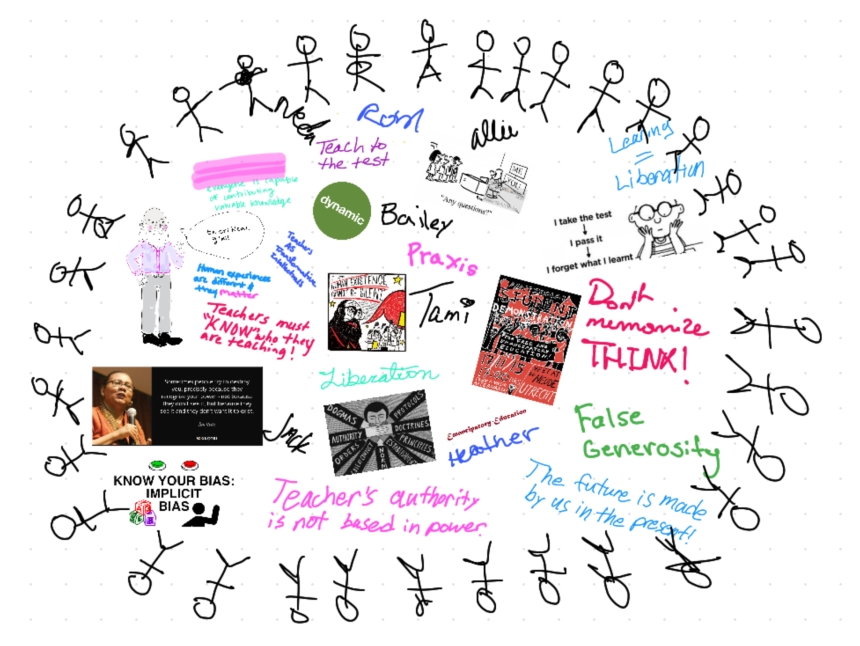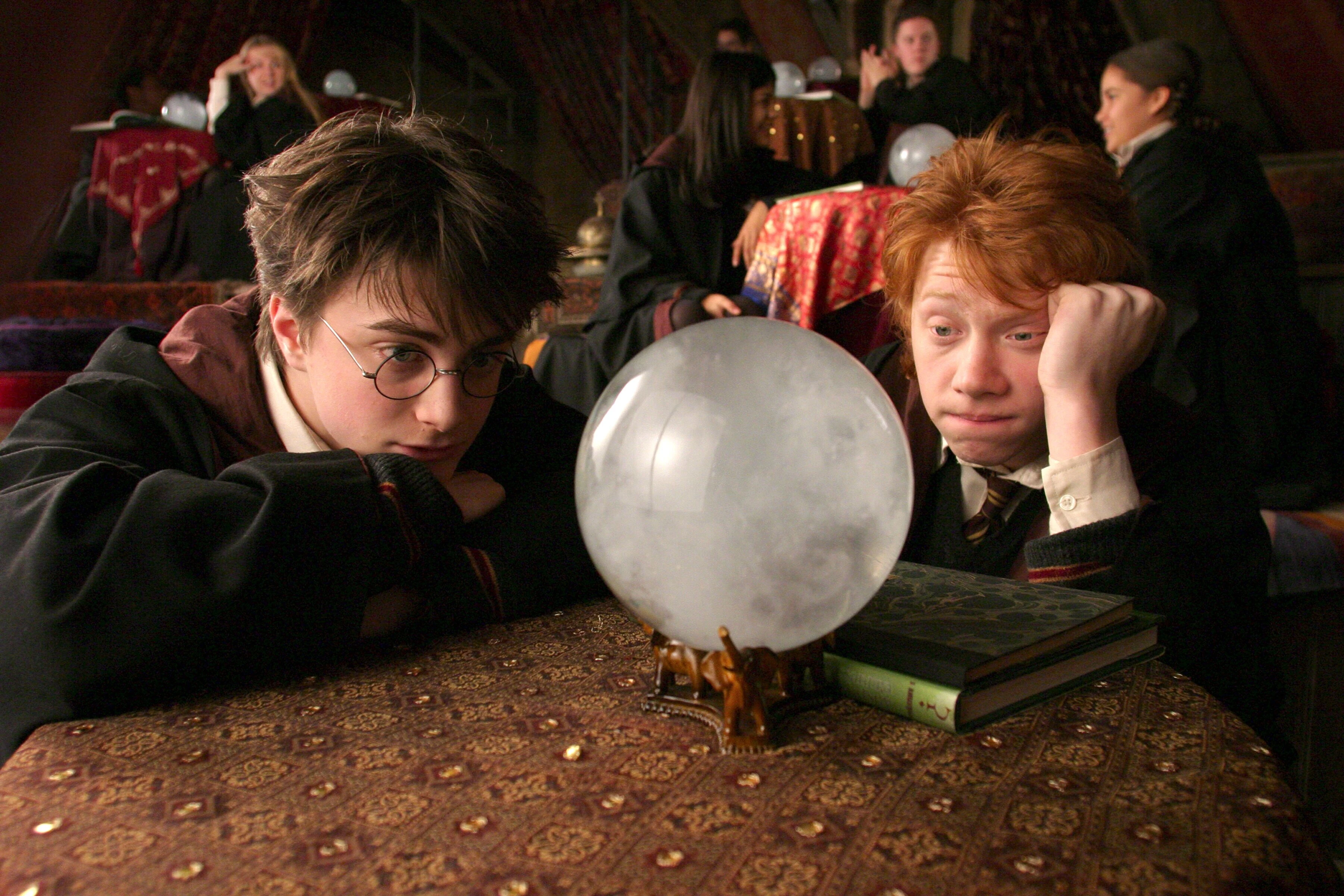Humanities and Real-World Needs!
I was reading Dan Edelstein’s piece about how humanities can contribute to knowlege economy. He argues that increased innovation and entrepreneurship skills are two main practical results of studying humanities. While he tries to justify how humanities can be beneficial to the real-world economy and development, I believe without humanistic training most of our solutions to problems will be technical and very likely “unsustainable”.
To support my argument, I provide an example from development world. Consider a situation in Afghanistan, where experts (from medical and engineering fields) find out that in a certain village, access to tap water is limited and women have to come out of their houses for washing dishes, clothes and etc. SO the experts say: They do not have access to water, we will give them tap water! With the help of international funds and thanks to their expertise, the NGOs provide every house in the village with clean tap water.
After a week or two, the NGO members observe that women are again frequenting to the wells instead of using the water at home! After investigating and interviewing with the “final users” the experts understand “finally” that going to wells, is the only way for these women to communicate with their outside world. These women do not want to use the tap water by paying the heavy price of missing the opportunity to go out of their houses and to mingle with other women! In this example, if the NGO leaders and experts had integrated people with humanities background, the process would have probably taken another form. One would have probably asked in the first place, what is the “problem” and from whose perspective? Based on the real consumers’ culture, history, religion and even language how we should address such problem.
In conclusion, I believe more than enhancing entrepreneurship and innovation as Edelstein mentions, humanities practical value in real-world projects is in their close and deep understanding of “humans” as the final goal of many projects seeking to bring “positive change”/ increasing quality of “life”!

 The point is, even if we have not formed the associations between certain groups of people and the concepts about them (simply because we have not had the chance of it), it does not necessarily means we are not bigots, as a Persian proverb says “He doesn’t see any water; otherwise, he is a skilled swimmer.”
The point is, even if we have not formed the associations between certain groups of people and the concepts about them (simply because we have not had the chance of it), it does not necessarily means we are not bigots, as a Persian proverb says “He doesn’t see any water; otherwise, he is a skilled swimmer.”
